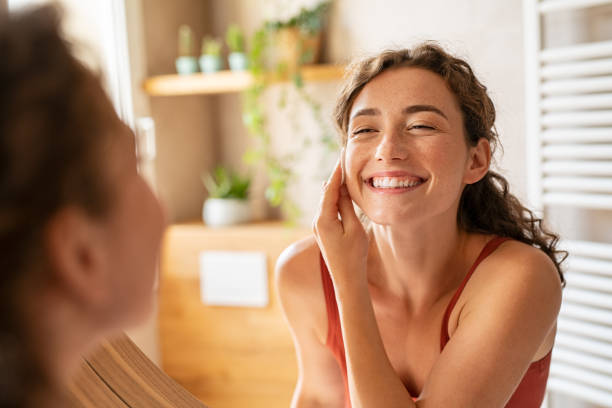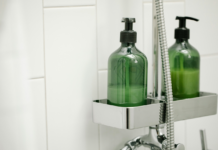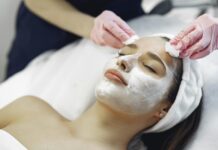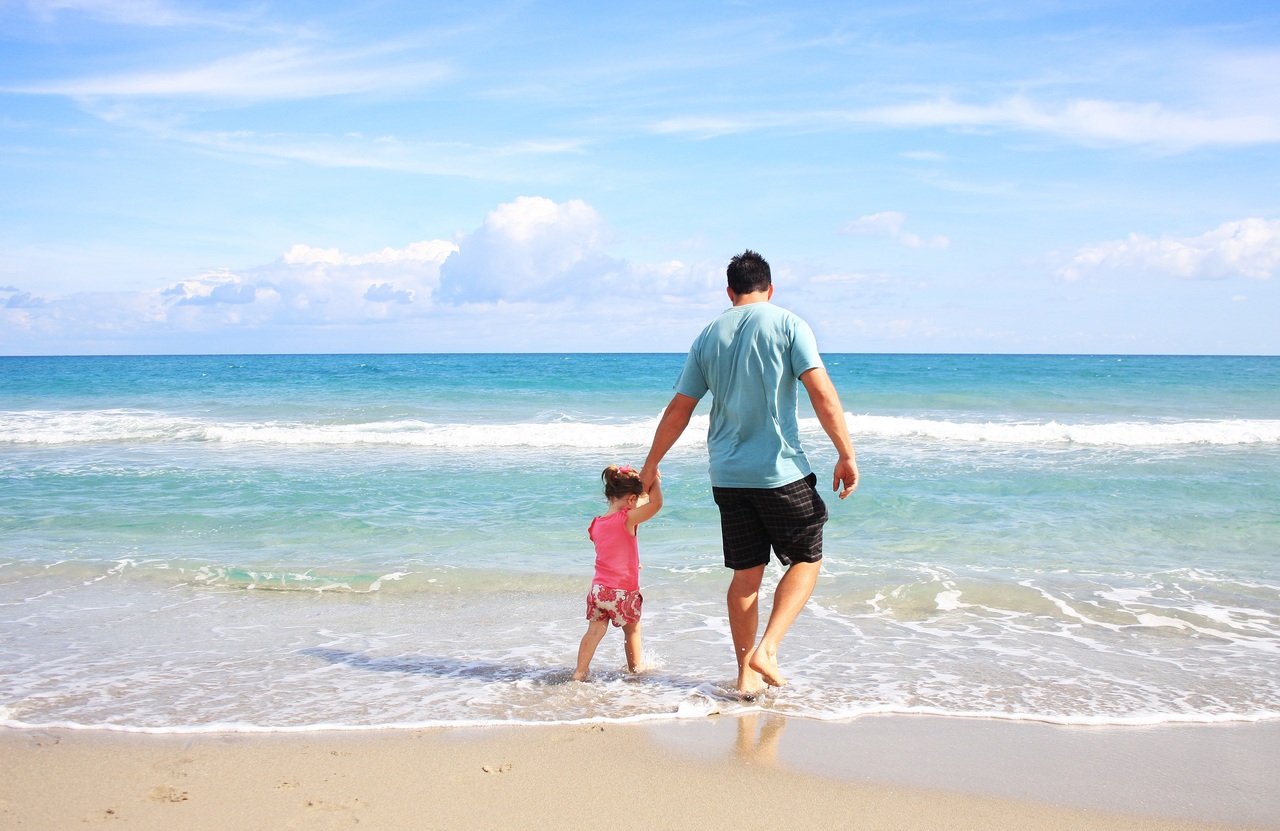You must not undervalue the importance of hygiene when caring for your skin and appearance. Imagine how many infections and germs will spread as a result of poor hygiene implementation. Your careless actions may endanger not only your health but also the health of your friends, family members, and other people around you.
We’ve compiled 5 skin and beauty hygiene tips you can consider for better hygiene routines. Let’s dive in!
1. Clean Your Face
People are more concerned than ever with cleanliness and germs, yet while using makeup, proper hygiene should always come first.
Before wearing makeup each morning, wash your face to prevent clogging your pores with dirt or bacteria. To prepare your face, use a cleanser, exfoliator (once or twice a week), toner or serum, eye cream, moisturizer, primer, and lip balm. Don’t forget about the importance of sunscreen to prevent rapid aging, wrinkles, and health problems. Apply it about 30 minutes before going out and reapply after 2 hours, especially once you swim or sweat. After washing your face thoroughly, you can start applying makeup as usual.
Even though it might seem hard, refraining from touching your face during the day will help you avoid spreading any germs and bacteria that might cause acne. To ensure that your hands are clean to apply or refresh makeup, wash and disinfect your hands with good hygiene products before touching your face.
2. Clean Makeup Items
Many of us might not be aware of the minor, unhygienic mistakes we might be committing during the day. Weak hygiene practices, such as not washing our hands after touching our faces, and the use of dirty makeup brushes, are some of the main causes of bacteria development and undesirable breakouts. To attain a healthy, bright face, it’s equally crucial to incorporate good hygiene practices into your skincare routine.
Never ever use your fingers to scoop makeup or other materials out of a jar, even if it is only for your use. In this way, over time, oil, bacteria, and germs can accumulate in your products. Using an appropriate makeup applicator is a wise choice.
Clean your makeup brushes every couple of weeks, by buying brush cleaners to make the care easier and quicker. Clean tweezers and eyelash curlers with isopropyl alcohol. Closing containers and bottles should be done immediately after applying makeup. Products should never be left with the lids open as this invites bacteria. To maintain your cosmetics free of microorganisms, they must be stored at the proper temperature. Store makeup in a dry location and at room temperature because moisture might promote the growth of bacteria.
3. Don’t Share
Never share your personal makeup with anyone else; instead, concentrate on your tools and disinfect your makeup once a week for personal usage. Don’t share lipstick or any eye makeup with your friends and family members. It may cause cold sore, acne, pinkeye, and many other infections. The use of cosmetics can encourage the growth of germs and you run the danger of cross-contamination when you share them.
Ask for a disposable applicator or use a tissue to remove things like powders and lipsticks if you have to try on beauty items at a department shop.
4. Consider Proper Skincare
Make sure to wash your face and take off all of your makeup before going to bed. Not removing makeup can lead to trapped pores and breakouts. Here are some other tips for your skincare:
- The natural oils in your skin are lost by hot water and long showers or baths. Use warm water in place of hot water and limit the time of showering.
- Use mild cleanser instead of strong soaps and detergents that may remove oil from your skin.
- Apply shaving cream, lotion, or gel to your skin before shaving, and use a sharp and clean razor to shave in the direction of your hair growth.
- For daily use, apply moisturizer, containing SPF.
- Always check the expiration dates on the beauty and skincare products. Discard the items that are expired to not harm your skin.
5. Avoid Popping Pimples
Avoid popping pimples when you can feel them on your face. Your face will be left with a scar from popping pimples, and there may be long-lasting inflammation and redness. The next time you notice a pimple developing, put on a reviving facemask and use a spot treatment to promote natural healing.
Consider all these skin and beauty hygiene tips and shine as always.















